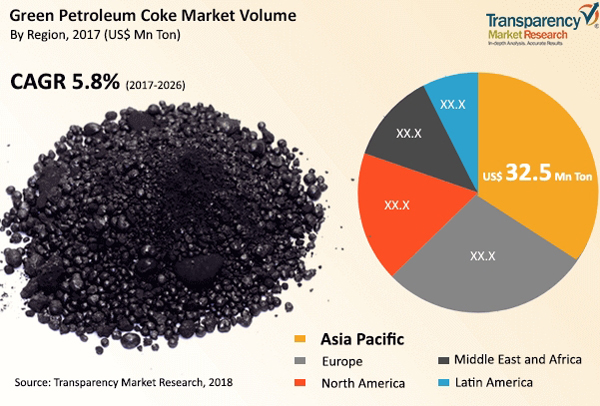
Petroleum coke, or petcoke, is a carbon-rich solid material derived from the oil refining process. It has gained significant attention in recent years due to its potential as an alternative energy source. This article delves into the production, properties, and applications of petroleum coke in the energy sector.
Petroleum coke is produced during the oil refining process, specifically during the conversion of heavy crude oil into lighter petroleum products. The process involves the thermal cracking of heavy oil residues, which generates a solid carbonaceous material known as green coke. This green coke can then be further processed into calcined petroleum coke by heating it in a calciner, which removes moisture, volatile matter, and impurities.
Petroleum coke is characterized by its high carbon content, typically ranging from 85% to 95%, and low levels of impurities such as sulfur, nitrogen, and metals. The high carbon content makes it an excellent source of energy, while its low impurity levels reduce the environmental impact of its combustion. Additionally, petroleum coke has a high heating value, making it an attractive fuel for energy generation.

There are several ways in which petroleum coke can be utilized in the energy sector, including:
Petroleum coke can be used as a fuel in coal-fired power plants, either as a direct replacement for coal or as a supplementary fuel. Its high heating value and low impurity levels make it an attractive option for power generation, as it can help reduce emissions and improve overall plant efficiency.
In the cement industry, petroleum coke is used as a fuel in the kilns for clinker production. Its high heating value and low ash content make it an ideal fuel for this application, as it can help reduce energy costs and improve the overall efficiency of the cement production process.
Petroleum coke can be converted into synthesis gas, or syngas, through a process known as gasification. This involves reacting the petcoke with steam and oxygen at high temperatures and pressures, producing a mixture of hydrogen, carbon monoxide, and other gases. The syngas can then be used to generate electricity, produce chemicals, or serve as a feedstock for other industrial processes.
While petroleum coke offers several advantages as an energy source, its use also raises environmental concerns. The combustion of petcoke can produce emissions of sulfur dioxide, nitrogen oxides, and particulate matter, which can contribute to air pollution and have negative impacts on human health. However, advances in emissions control technologies and the use of cleaner-burning petcoke blends can help mitigate these concerns.
Petroleum coke has emerged as a valuable alternative energy source in the energy sector, offering a range of applications in power generation, cement production, and gasification. Its high carbon content and heating value make it an attractive fuel, while its low impurity levels help reduce environmental impacts. As the demand for cleaner and more efficient energy sources continues to grow, petroleum coke is likely to play an increasingly important role in meeting global energy needs.

Write a Message